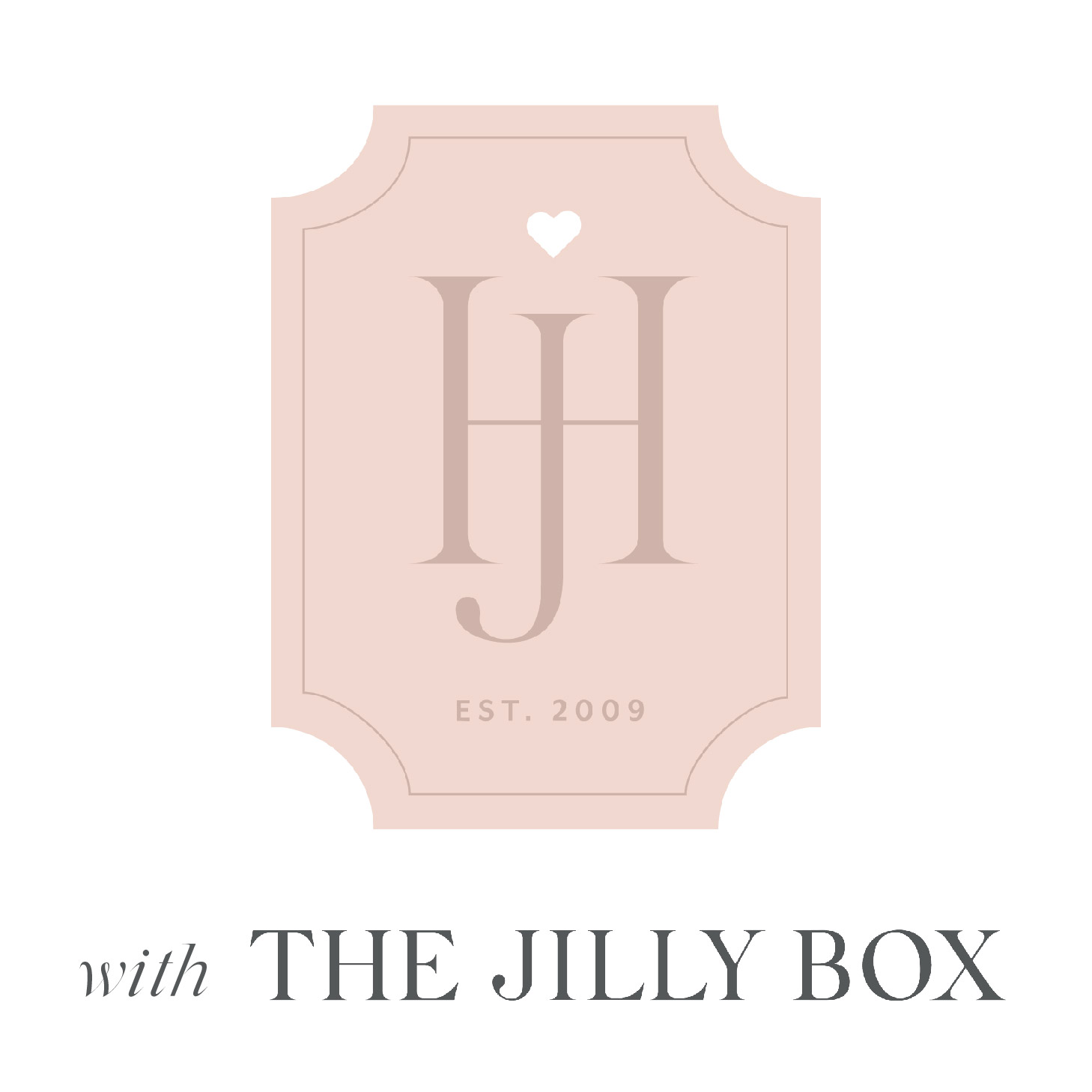

Jillian Harris Design Inc

British Columbia, Canada
June 2023
General retail via Internet
Wholesale/Retail
Canada
Jillian Harris is a mother, fiancé, storyteller, and quintessential busybee who pours her heart and soul into every endeavour. She leads three highly successful businesses in the media, product, and education industries and is also a bestselling cookbook author. She is the Founder of Jillian Harris Design and The Jilly Academy, Co-Author of Fraiche Food Full Hearts and Fraiche Food Fuller Hearts, and Co-Founder of The Jilly Box. The Jilly Box is a quarterly subscription box filled with products selected (and some even designed!) by Jillian and her team. The Jilly Box was born out of an idea to not only share some of Jillian’s favourite products but also as a way to help support small and upcoming businesses. In particular, the brand’s mission is to support small North American businesses, including as many purpose-driven companies owned by historically marginalized groups as possible each season. The Jilly Box was recently included as one of The National Post’s top subscription boxes in Canada (according to interest), and with the addition of the e-commerce store “The Jilly Market,” its product offerings continue to grow!
Overall B Impact Score
Governance 7.3
Governance evaluates a company's overall mission, engagement around its social/environmental impact, ethics, and transparency. This section also evaluates the ability of a company to protect their mission and formally consider stakeholders in decision making through their corporate structure (e.g. benefit corporation) or corporate governing documents.
What is this? A company with an Impact Business Model is intentionally designed to create a specific positive outcome for one of its stakeholders - such as workers, community, environment, or customers.
Workers 31.6
Workers evaluates a company’s contributions to its employees’ financial security, health & safety, wellness, career development, and engagement & satisfaction. In addition, this section recognizes business models designed to benefit workers, such as companies that are at least 40% owned by non-executive employees and those that have workforce development programs to support individuals with barriers to employment.
Community 23.3
Community evaluates a company’s engagement with and impact on the communities in which it operates, hires from, and sources from. Topics include diversity, equity & inclusion, economic impact, civic engagement, charitable giving, and supply chain management. In addition, this section recognizes business models that are designed to address specific community-oriented problems, such as poverty alleviation through fair trade sourcing or distribution via microenterprises, producer cooperative models, locally focused economic development, and formal charitable giving commitments.
Environment 9.4
Environment evaluates a company’s overall environmental management practices as well as its impact on the air, climate, water, land, and biodiversity. This includes the direct impact of a company’s operations and, when applicable its supply chain and distribution channels. This section also recognizes companies with environmentally innovative production processes and those that sell products or services that have a positive environmental impact. Some examples might include products and services that create renewable energy, reduce consumption or waste, conserve land or wildlife, provide less toxic alternatives to the market, or educate people about environmental problems.
Customers 11.1
Customers evaluates a company’s stewardship of its customers through the quality of its products and services, ethical marketing, data privacy and security, and feedback channels. In addition, this section recognizes products or services that are designed to address a particular social problem for or through its customers, such as health or educational products, arts & media products, serving underserved customers/clients, and services that improve the social impact of other businesses or organizations.
What is this? A company with an Impact Business Model is intentionally designed to create a specific positive outcome for one of its stakeholders - such as workers, community, environment, or customers.